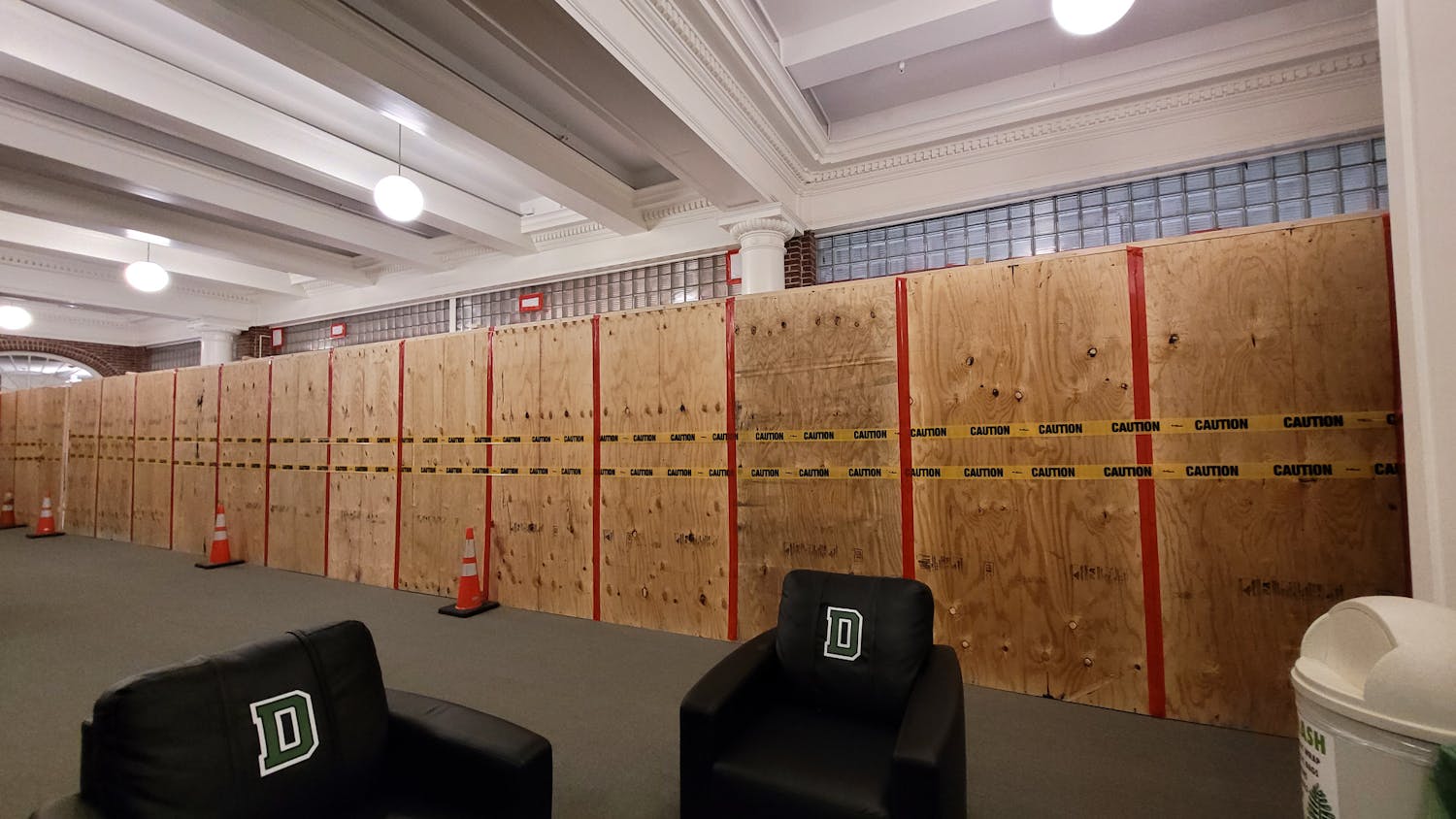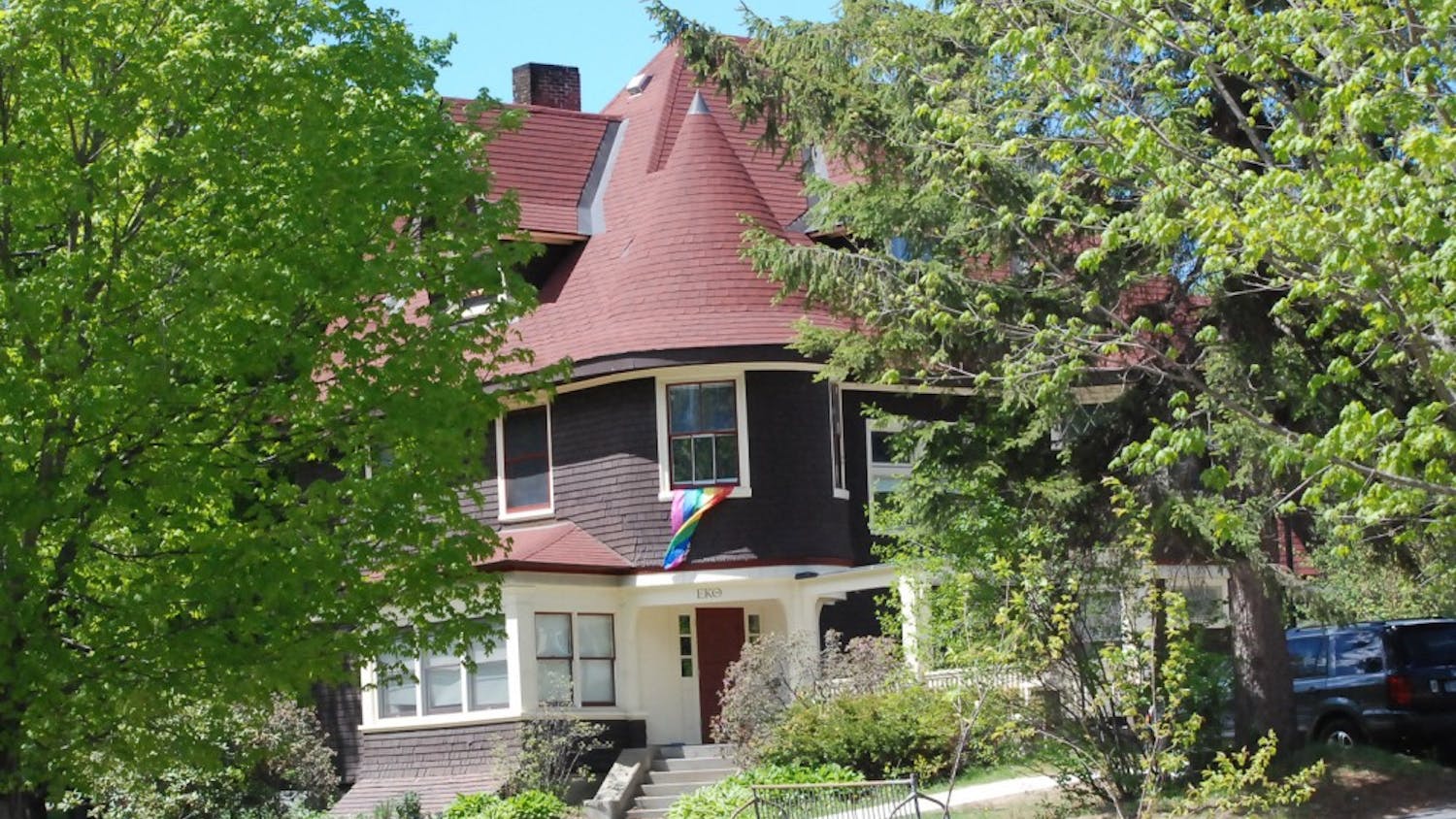In the past month alone, several organizations were found to be in violation of College policy by Safety and Security. The path from the initial violation to a social probation, however, is a complicated and individualized one. While it might seem as though hoping for clemency is little more than an exercise in futility, there are many instances of student organizations that are let off the hook in spite of several violations.
Sigma Phi Epsilon was recently hit with a month of probation for possessing a half-dozen unregistered kegs, but in the week preceding that sanction both Alpha Delta and Chi Gamma Epsilon were issued only warnings for possession of drug paraphernalia, a pipe and a bong respectively.
There is no metric for meting out probation to Greek organizations, according to the Office of Undergraduate Judicial Affairs; a certain number of unregistered kegs does not directly correspond to a standard punishment. April Thompson, director of UJA, said that punishments for similar violations can vary significantly.
The process begins with the notification of the Judicial Affairs office by Safety and Security of possible violations. Before the investigation continues, however, the Greek organization is contacted and the president or another representative from the organization and meets with members of the Judicial Affairs office. In that meeting, the representative has the opportunity to present the organization's version of the events mentioned in the Safety and Security report, along with details of extenuating circumstances.
"Oftentimes the length of probation is based a lot on the conversation we have with the organization; if the organization has taken internal measures to change and try to prevent similar problems from happening in the future, the probation will reflect that," Thompson said.
While students have a chance to speak on their own behalves early in the process, Dean of the College, James Larimore typically makes the final call on sanctions. He is advised by a group of administrators in weekly meetings, after which he determines the severity and length of punishments. Student representatives do not attend these meetings.
Serious violations sometimes go beyond Larimore's sole jurisdiction, though that determination remains at Larimore's discretion.
"If there are major violations of conduct, some more serious things, a charge may be made and heard by the Organizational Adjudication Committee, and in that there are students, faculty and administrators present," Marilyn Sturman, interim assistant director of the Office of Undergraduate Judicial Affairs, said.
The OAC is made up of students, administrators and faculty. The cases deemed serious enough for review by committee often include charges of hazing and consideration of derecognition.
"We contact the organization and ask them for their side of the story before decisions are made," Thompson assured.



